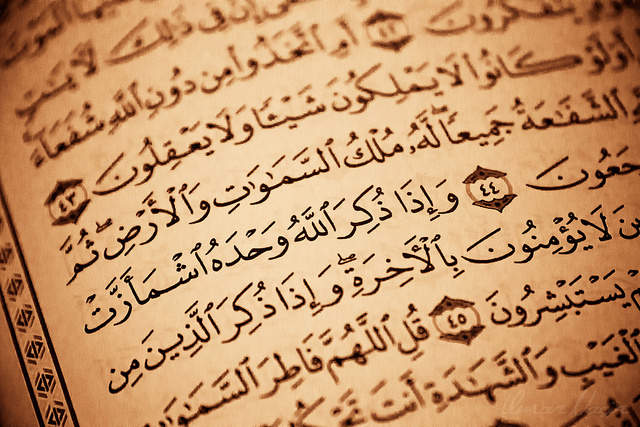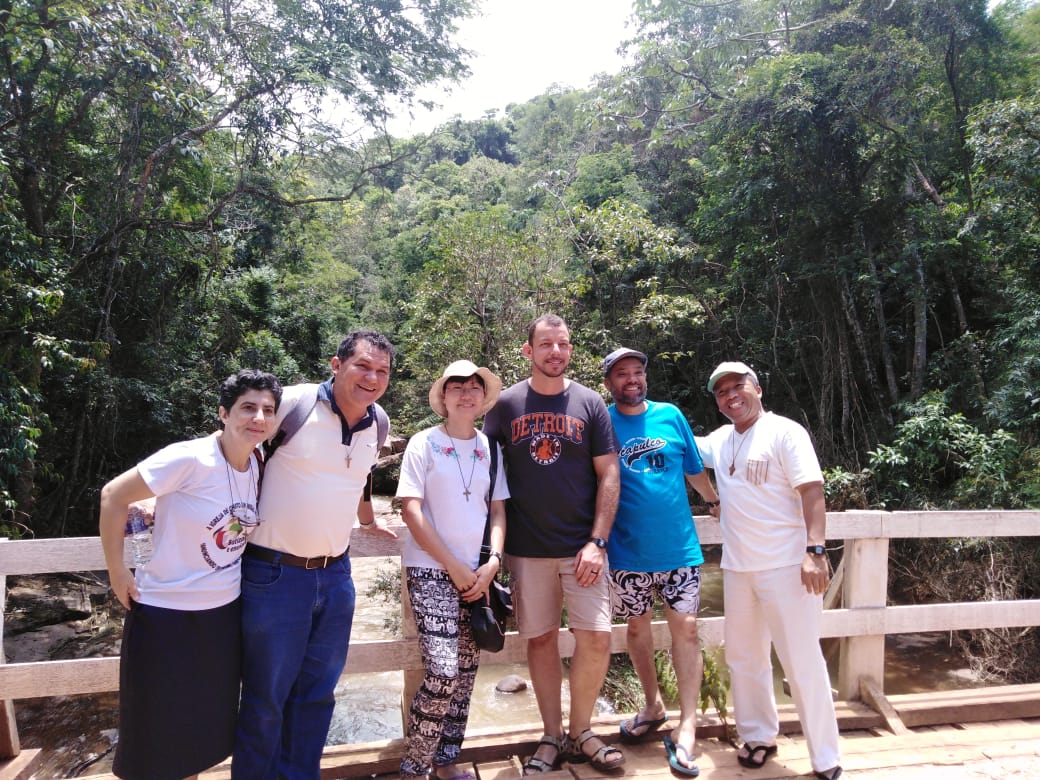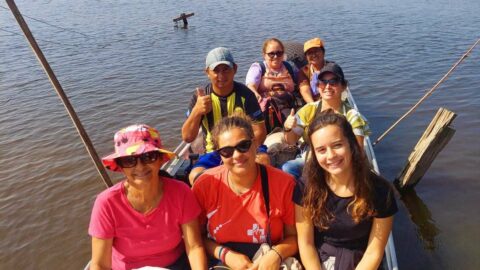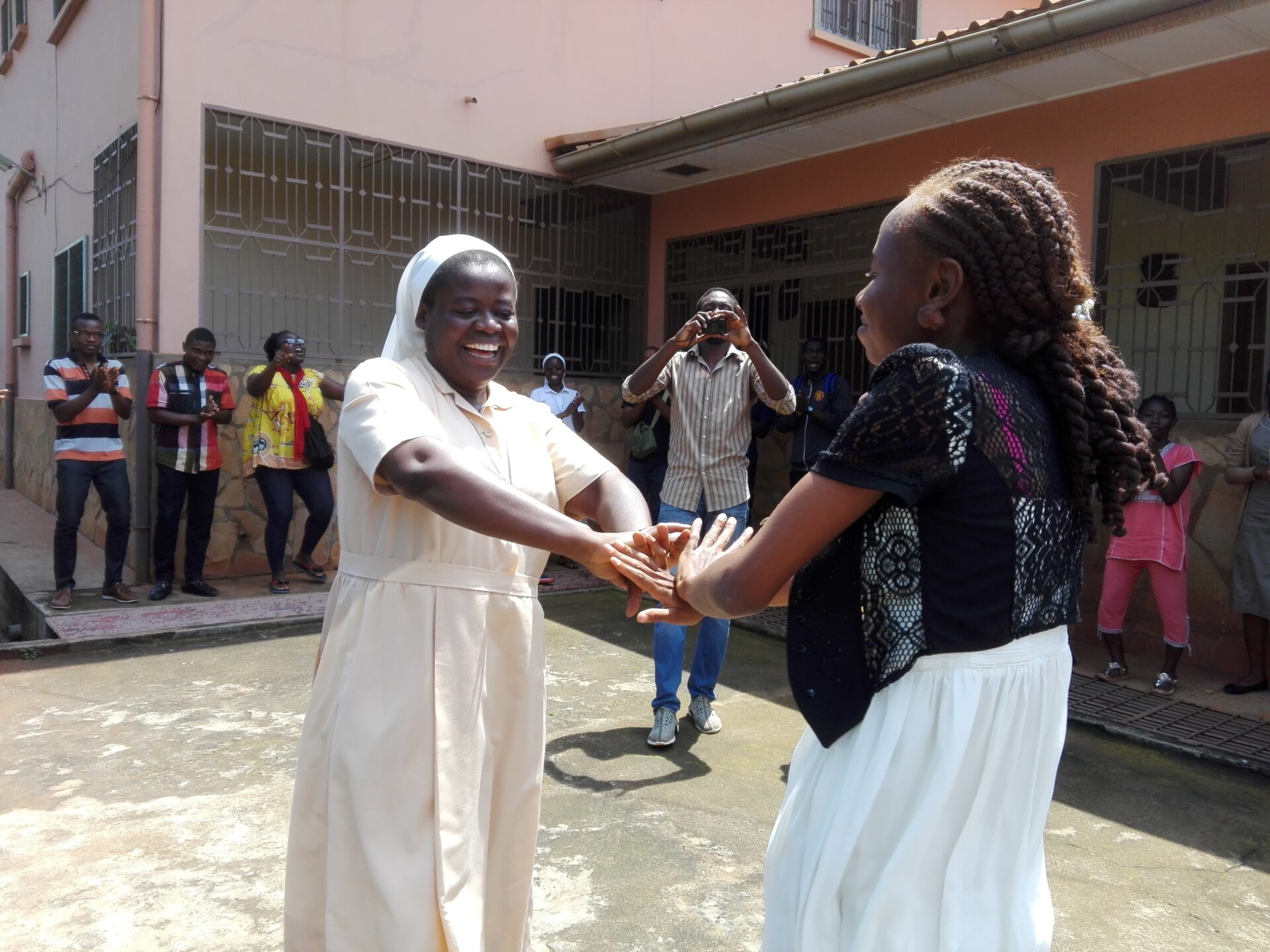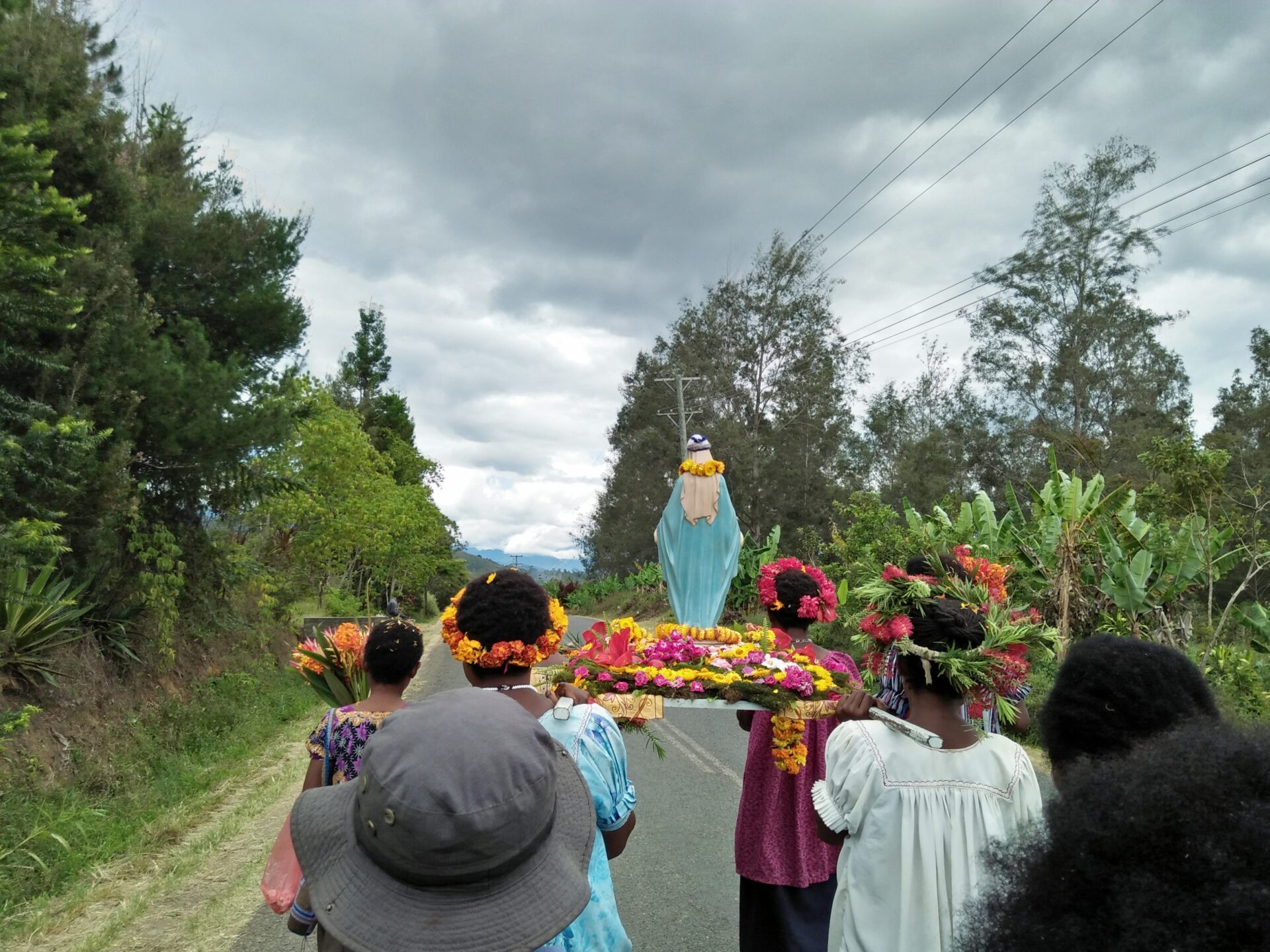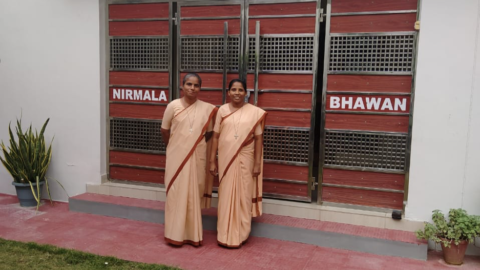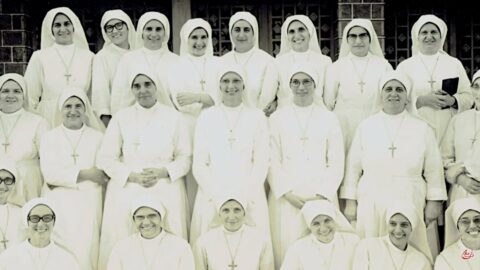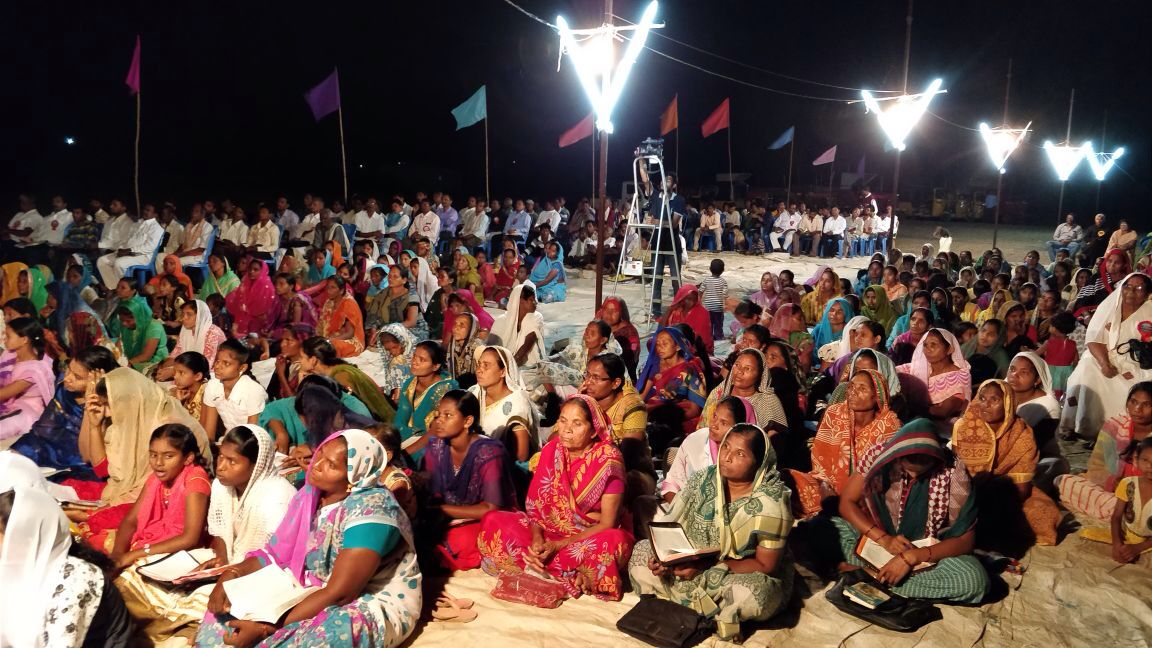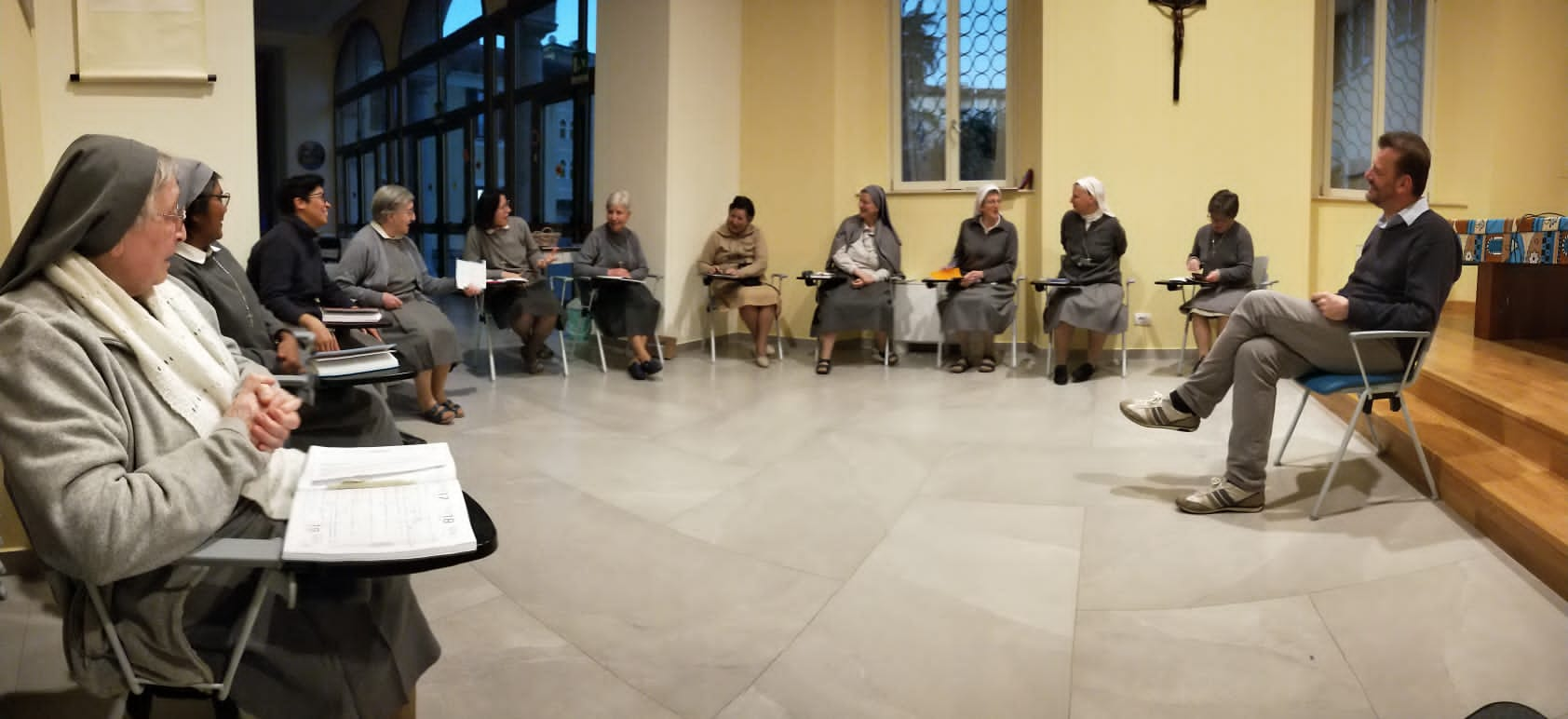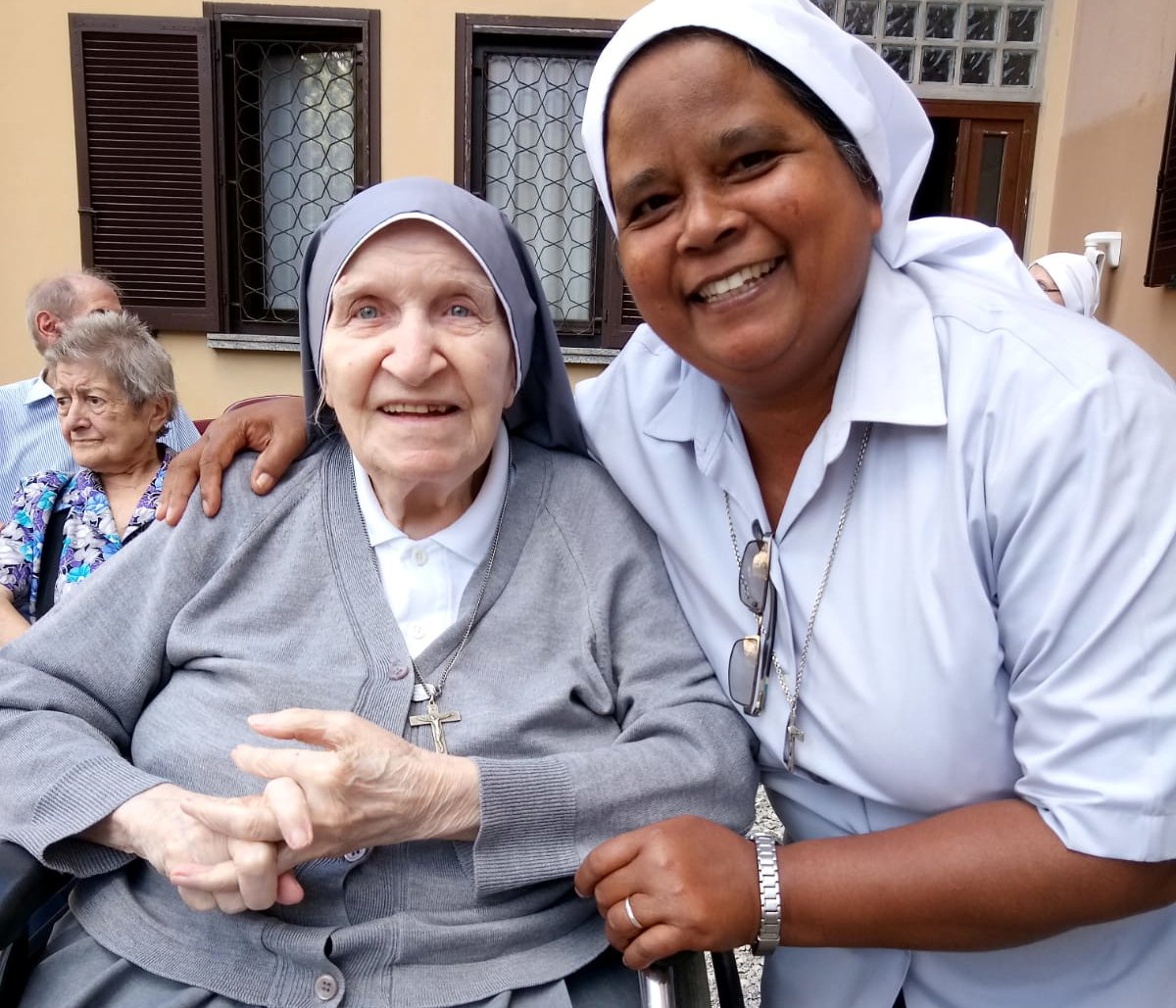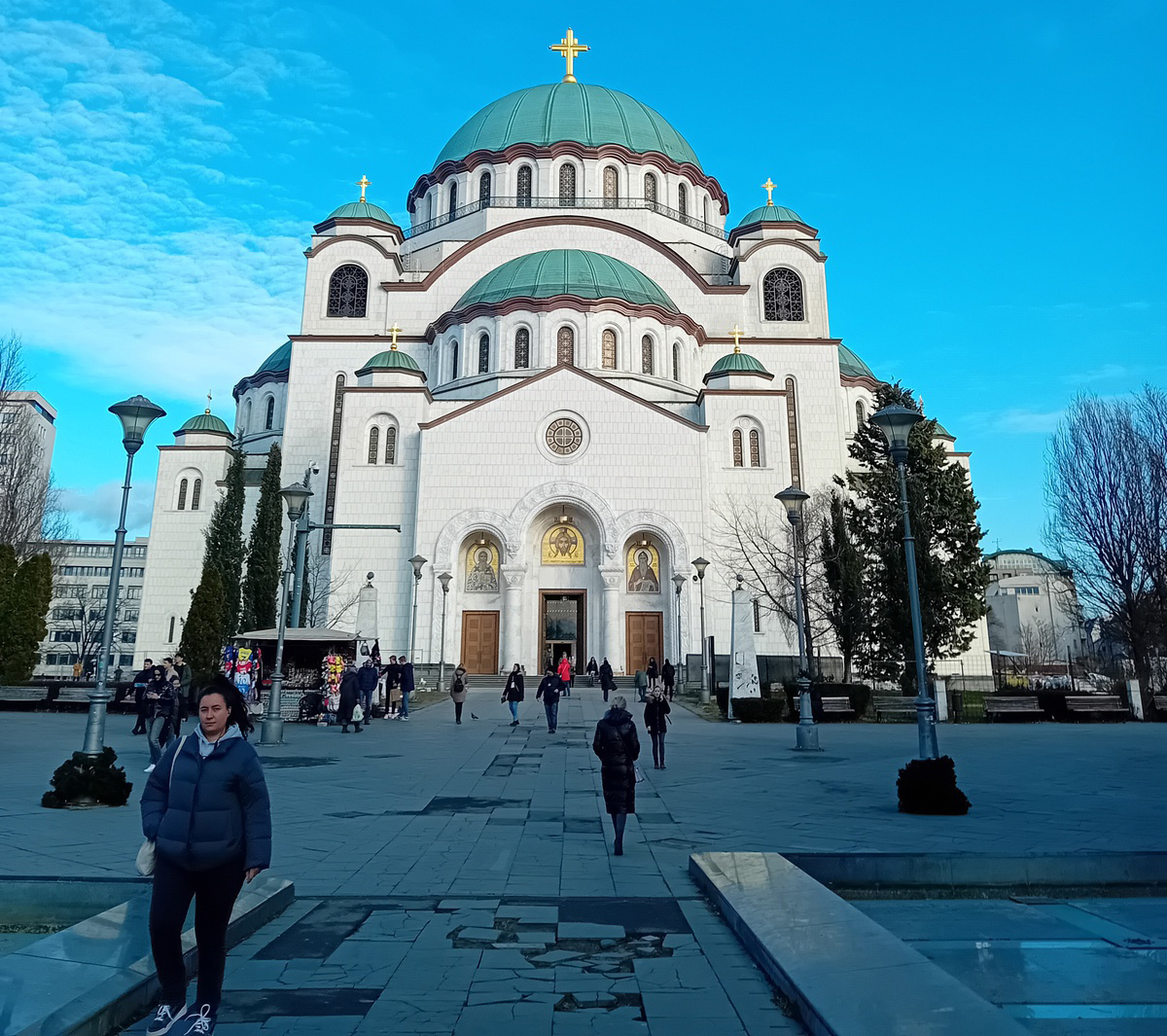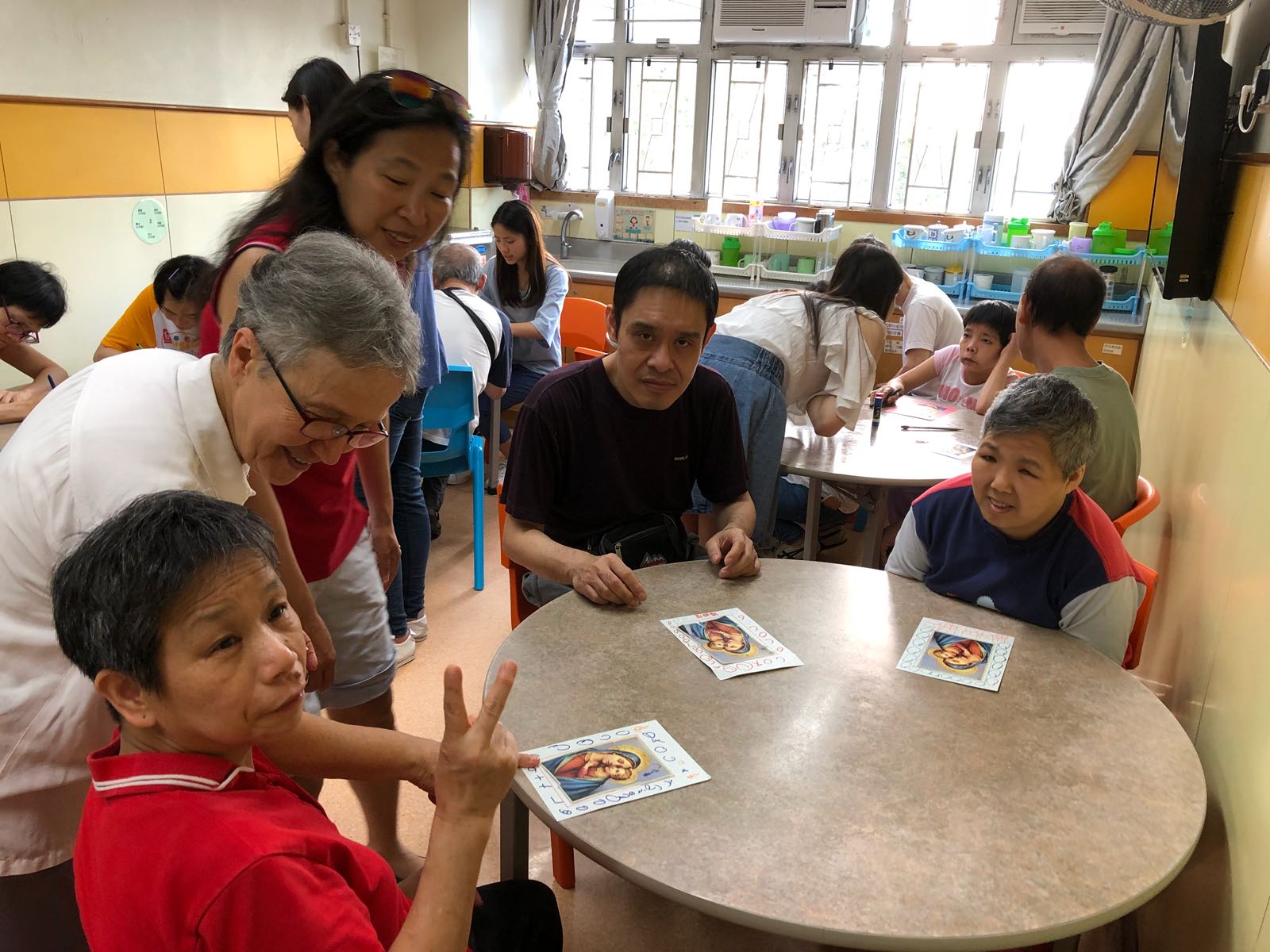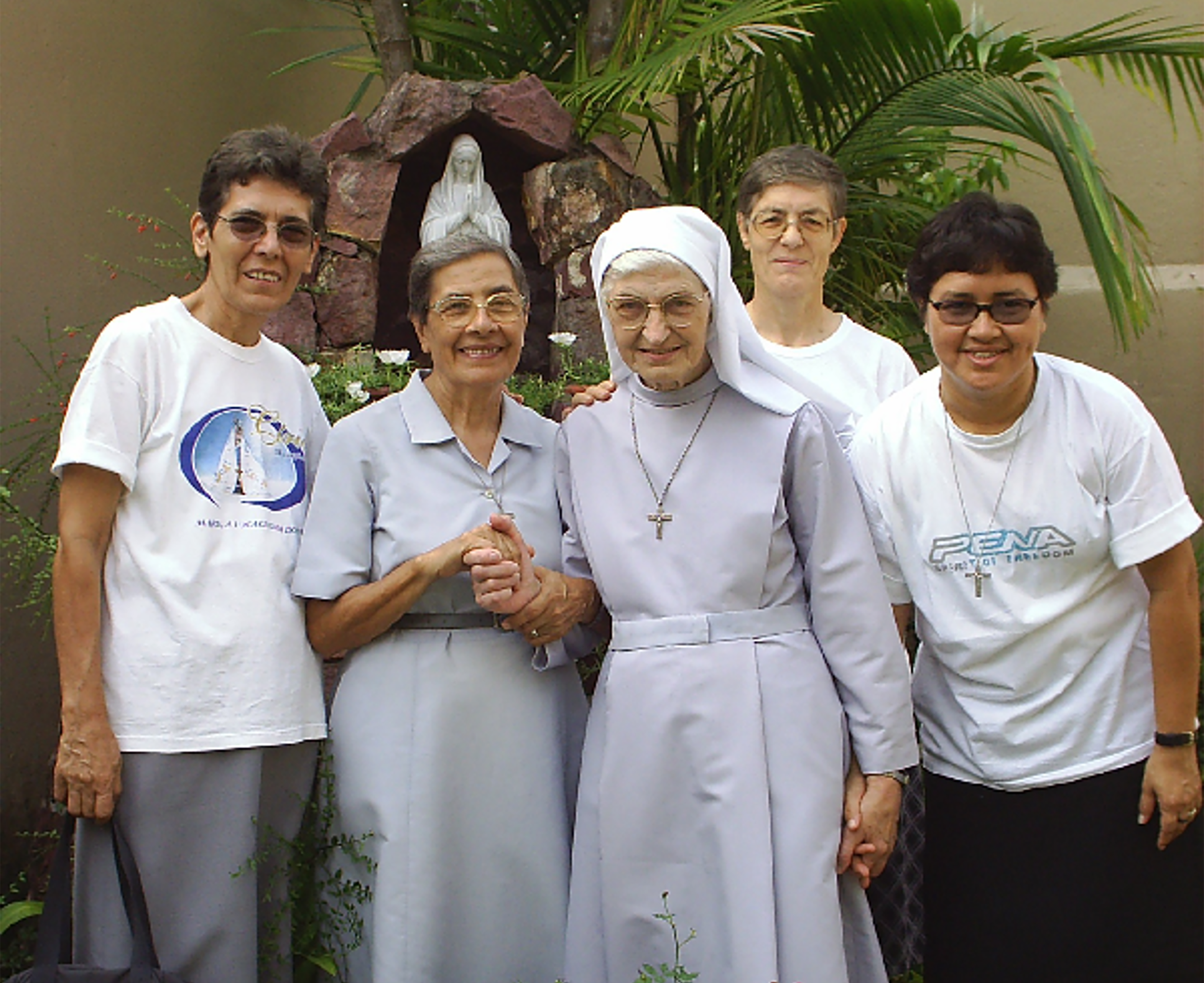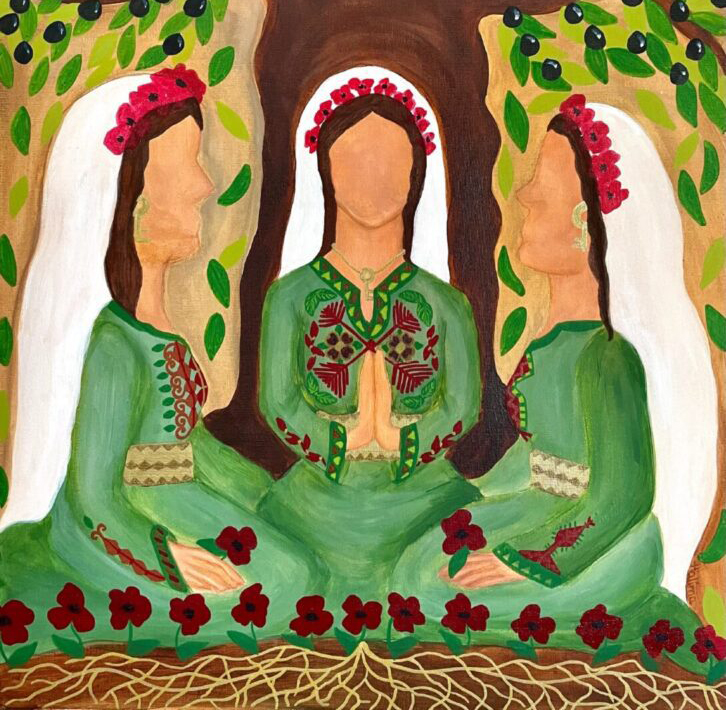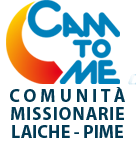The first step in entering a new country is to learn the spoken language, a mirror of the culture and customs of a people. Knowing Arabic well is indispensable in Tunisia in order to be able to explain oneself well and avoid misunderstandings, say the missionary sisters of the Immaculate at Hammam Lif.
Our presence in Tunisia is in its infancy and there would be many challenges to talk about (even for the mere fact of being in a Muslim majority country), however the one that we perhaps perceive as the most important is linked to the Arabic language.
There are two official languages in Tunisia: Arabic and French, but almost everyone prefers to speak Arabic and considers French a foreign language. Not everyone likes to speak it, in talking to someone we also happened to get angry when we spoke in French.
In particular, Tunisian Arabic is a very different dialect from classical Arabic, which people do not normally understand. It is used only in Tunisia and is not spoken in other Arabic-speaking countries.
It is a very difficult language to learn to write, read and pronounce. Its sounds are so diverse that a foreigner can never learn them perfectly; furthermore, there is no Tunisian dialect dictionary.
Despite these challenges, Tunisian Arabic is a beautiful language once learned. After at least a year of study you can begin to communicate with people, but it takes years to understand and speak it well.
One of the activities we carry out is visiting families, in this activity the language is very important. On these occasions we have encountered difficulties in comprehension or expression, which have made us understand how essential it is to master it well. We are often asked different questions about our life. Frequently asked questions are why we don’t want to get married, why we don’t want to have children, why we live together only women etc… all questions are very significant to the Muslim religion. Also for this reason in answering we must pay close attention to the words we use, choosing words that avoid misunderstandings and that could offend. This underlines the importance of understanding and being able to speak Tunisian Arabic sufficiently well, to carry out our mission more thoroughly and more effectively.
Community of Hammam-Lif, Delegation of Algeria-Tunisia


